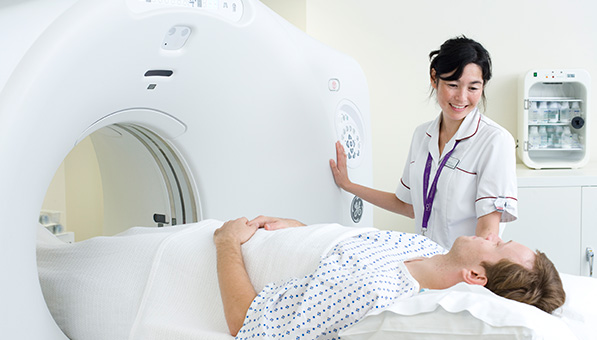Skin problems in immunosuppressed individuals London
Specialist Skin Care for Immunosuppressed Individuals
The Devonshire Clinic in central London provides specialist skin care to immunosuppressed individuals. We offer specialist skin care consultations with Dr Conal Perrett, Dr Jane McGregor and Rubeta Matin, all of whom have many years’ experience treating skin problems in patients who are immunosuppressed.
Listen to Dr Jane McGregor talk about immunosuppressed patients
The people we see include:
- Organ transplant patients who have long-term treatment with immunosuppressive medications
- Patients treated with immunosuppressive medications for chronic conditions such as rheumatoid arthritis and inflammatory bowel disease e.g. Crohn’s disease, ulcerative colitis
- Patients whose immune system is not working well because they have a viral infection such as HIV
- People who are affected by a blood cancer such as chronic lymphocytic leukaemia (CLL), where the immune system does not work properly.
What are immunosuppressive medications and how are they used?
Anyone who has a major organ transplant, such as a heart, lung, liver or kidney transplant needs immunosuppressive medications after surgery.
These control the body’s natural immune system and reduce the risk of rejection. They need to be taken immediately after transplant surgery and some form of immunosuppression is usually needed for life.
Immunosuppressive biological medications are also used as part of the treatment for chronic diseases such as inflammatory bowel disease.
What effect does immunosuppression have on the skin?
If your immune system is not functioning as well as it should, your body does not have the same level of protection against infection or against rogue cells that start to show cancerous changes. In addition, some of these immunosuppressive medications can also predispose to skin cancer through other mechanisms specific to that individual medication.
This means that you are at a greater risk of developing skin cancer and a range of skin infections. Often these infections develop in unusual ways that can be easily missed unless you are seen by a specialist with experience treating immunosuppressed patients.
Skin infections
People with immunosuppression are at an increased risk of the following skin infections
- Fungal infection between the toes – athlete’s foot (tinea pedis), which causes itchy, scaly patches.
- Fungal nail infection –white or yellow patches develop under the nail that can lift the nail bed, causing the nail to be lost
- Fungal skin infection – commonly known as ringworm, this causes itchy, scaly red patches often on the trunk or groin
- Yeast infection of the skin – known as pityriasis versicolor, this causes pink or light brown scaly patches on the chest and back and is common in the first 24 months after a transplant
- Shingles and chickenpox – caused by the Herpes zoster virus. Chicken pox can be caught from someone else with the infection; shingles develops when immunity to the childhood infection wears off. Both are often serious in people with immunosuppression
- Cold sores – caused by the Herpes simplex virus. In people whose immune system is being suppressed these can appear as painful blisters or ulcers on the lips, nose and buttocks
- Viral warts –lumps of hard, scaly skin on the hands or feet (a wart on the foot is known as a verruca), which develop because of infection with the human papilloma virus (HPV)
Skin conditions
Immunosuppression also increases the risk of developing:
- Fragile skin and delayed healing – usually due to steroid treatment
- Pre-cancerous skin lesions – including the dry, flaky patches known as actinic keratosis that develop on regions of the skin exposed to light, hard crusty lumps of Bowen’s disease and the raised scaly red rings of porokeratosis. All need to be monitored and/or treated to prevent them developing into skin cancer
- Sebaceous gland hyperplasia – which causes whitish/yellowish bumps on the skin, especially the forehead
Immunosuppressed patients have a much higher risk of skin cancer including:
- Basal cell carcinoma
- Squamous cell carcinoma
- Malignant melanoma
- Kaposi’s sarcoma
Find out more about these types of skin cancer
Specialist help from a world-renowned team
Specialist help is available at The Devonshire Clinic for immunosuppressed patients at our private clinic in the Harley Street area of London, including those who have had an prgan transplant.
Enquire about
Skin problems in immunosuppressed individuals London
Read our
Patient Stories
I can’t recommend this clinic highly enough. The treatment I received for my skin cancer was first class
AL, LondonThe team at the Devonshire Clinic were excellent. From booking my appointments to every part of my treatment, I felt that I was in the very best hands.
CH, LondonBefore visiting the clinic I had quite high expectations, but I was blown away by just how brilliant the experience was. I felt like I was the only patient in the clinic. Simply the best medical treatment.
SF, London


